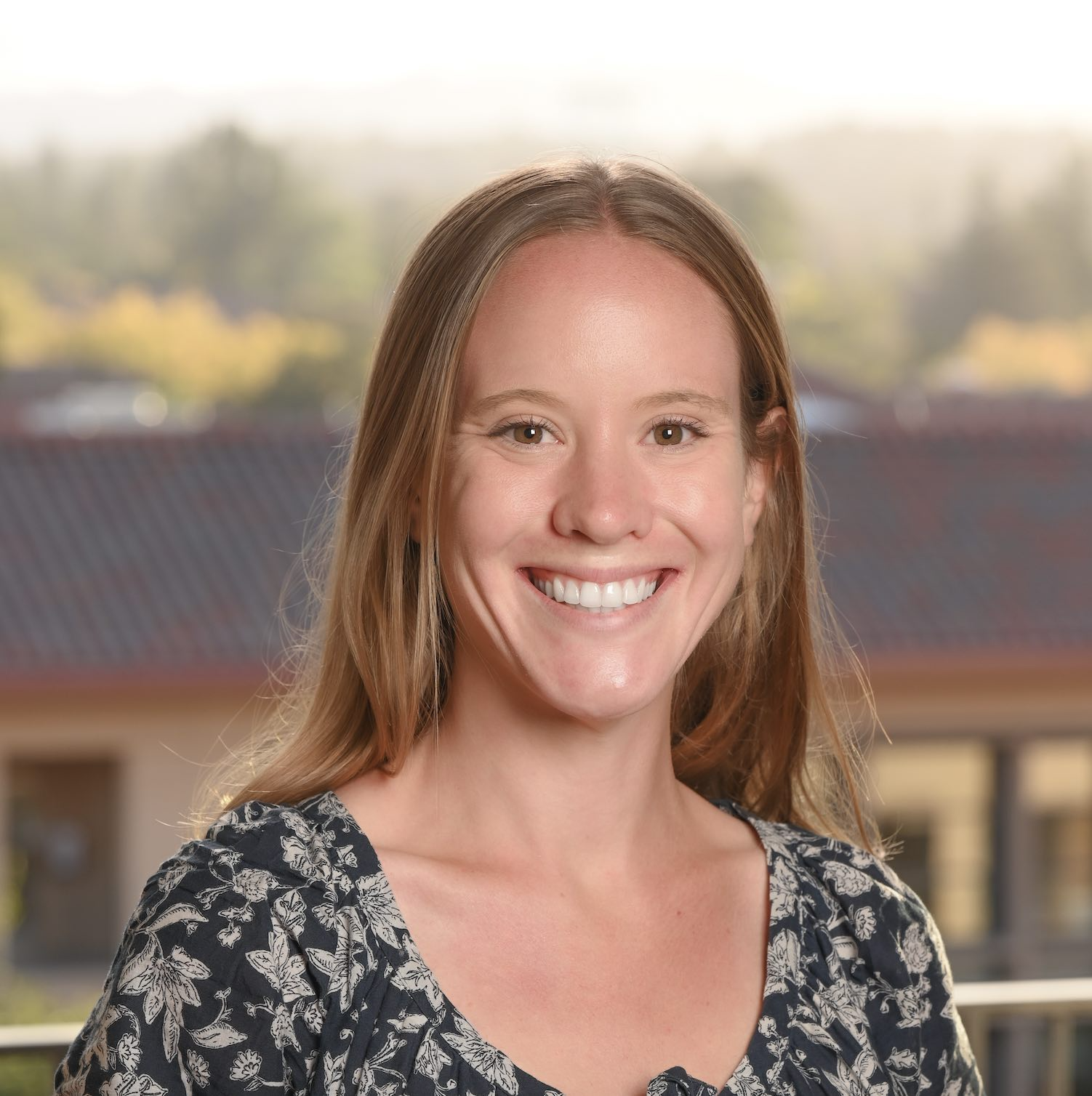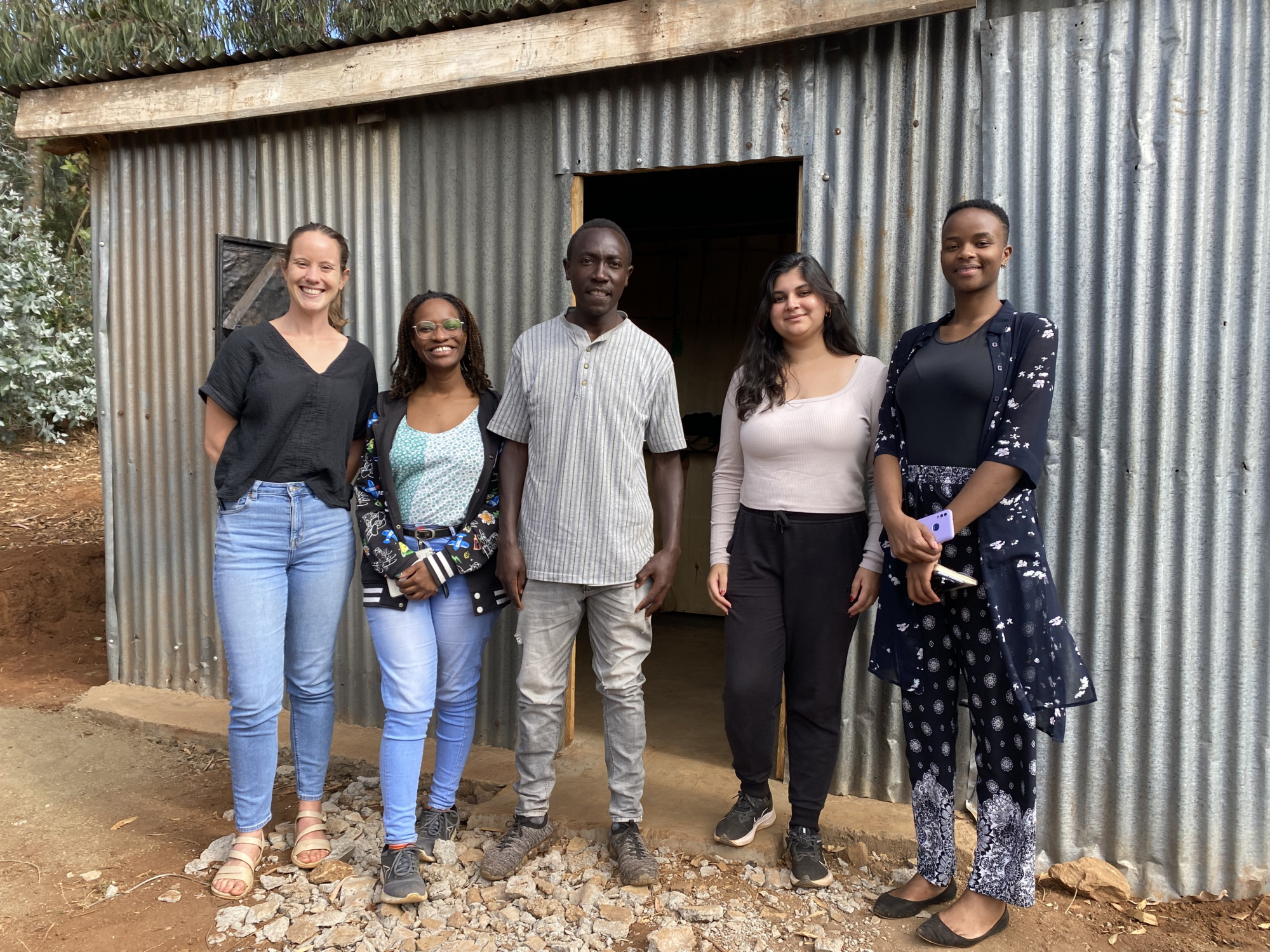From Classroom to Global Impact – Stanford Students Leading the Charge in Sustainable Electronics

Innovation for Impact students are on a mission to reduce emissions and electronic waste (e-waste) by revolutionizing the repair process for electronics in Kenya. What started out as a course at Stanford has evolved into a company, Revivo, a business-to-business marketplace for consumer electronic spare parts based in Kenya.
Every year, humans generate approximately 50 million metric tons of e-waste, posing a threat to the environment and human health. While consumer electronics, like cell phones, can be life changing, enabling people to communicate with loved ones, run businesses, make payments, and consume media, these products are expensive and break easily. When they break, not only does it contribute to e-waste, but creating new products to replace them contributes to global emissions.
In Winter 2022, Sarah Johnson, an MBA student at Stanford University, embarked on a mission fueled by passion: to leverage her experience working on sustainable technology in East Africa to tackle the problem of e-waste. Sarah brought this problem to the Hacking for Climate and Sustainability (now known as Innovation for Impact™ under NobleReach Foundation) course at Stanford University, a transformative course designed to equip aspiring entrepreneurs with the tools to address critical challenges that our world faces through innovation.
Sarah was drawn to the course’s focus on addressing global issues and fostering collaboration across diverse academic disciplines. It gave her the opportunity to team up and collaborate with students from various backgrounds, including fellow MBA students Jon Karp and Wenxi Duan and Computer Science PhD student Anelise Newman. The team’s reach expanded beyond Stanford University, collaborating with Ritah Nabucha, a teammate based in Kenya. They chose the team name Revivo – a name that reflected their mission of renewal.
The team started with an idea that eventually transformed into a company: How can we create a better repair ecosystem to lengthen the use life of electronics? To maximize their impact, the team chose to focus on West Africa, specifically Kenya, due to the rapidly expanding market for consumer electronics and its status as a tech hub.
In this course, students leverage Lean StartUp, a powerful methodology which involves iterative testing bolstered by real-time stakeholder feedback to rapidly learn and get to solutions quicker and cheaper. The driving force behind this methodology is the “customer discovery” process, where students are challenged to “get out of the building” to conduct interviews with people directly experiencing the problem. Throughout the course, the Revivo team spoke to over 100 individuals, including potential customers, repair technicians, and spare parts dealers, and further validated the high demand for a repair market in Kenya.
This methodology wasn’t just about starting a business; it was about responding to real-world problems, adapting based on feedback from key stakeholders, and understanding our impact.
